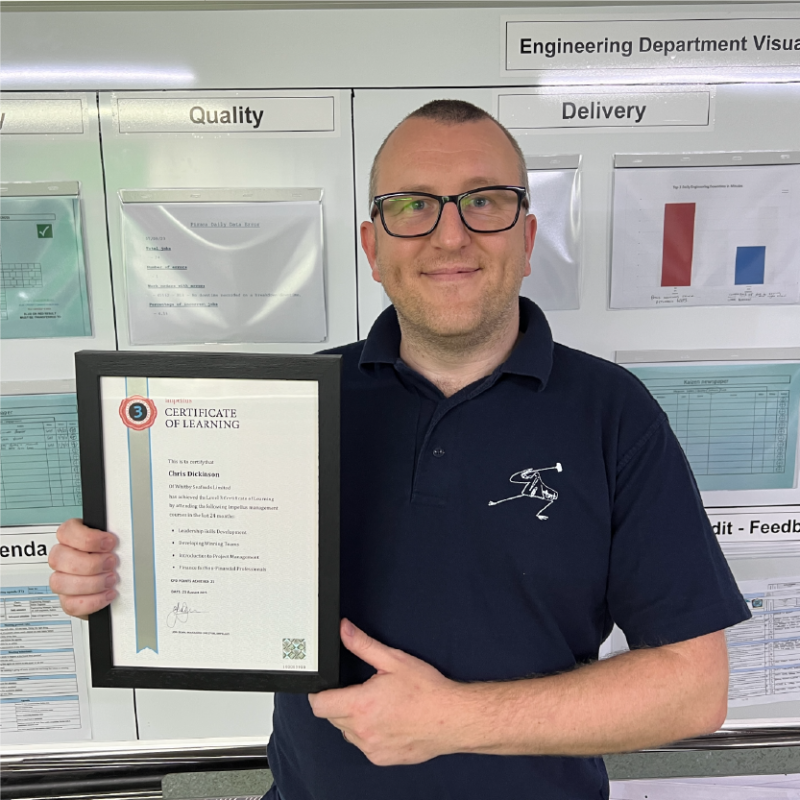By our lead trainer, David Ross
These are some of the main ‘lockdown themes’ that have been coming from managers on our training courses on a consistent basis
Over the recent weeks of running our Leadership and Management courses online, it’s been fascinating hearing how different work and life feels for so many of our management course delegates. We are certainly operating in a very different world and many are discovering unexpected benefits.
Clawing back valuable time
Following weeks of forced change to work habits and practices, many are finding that their use of time has been far more efficient and effective. Less time travelling, more time doing. The realisation that many appointments, meetings and site visits can be achieved without the need for a physical presence has been a real eye-opener.
Losing the stressful commute
As well as the different approach to the day job, not having that morning and evening commute every day can be good for mental wellbeing. Trains, planes and automobiles can be time consuming and frustrating. One delegate said:
“Rather than fighting with crowds and delays for 90 minutes in the morning, I now walk downstairs, have some breakfast and start work. I’ve generally done a good couple of hours before I’d normally get to the office and I don’t feel stressed”.
Are happy people more productive?
That more relaxed start to the day or more flexible working tends to gather momentum. Less stress leads to more productivity and less time off due to illness – perhaps the two are directly linked? Many managers are saying they can plan their day to achieve a more satisfying work/ life balance. Achieving work objectives and targets around life rather than the other way round. The paranoia that some leaders have about working from home is being challenged as they are finding that productivity has increased considerably.
Working differently and adding new skills
Many are having to design products and deliver services differently. There has been a sense from many delegates that they have been forced to learn and develop to survive and thrive in their current operating environment. Existing practices are no longer fit for purpose so adding new skills has been a must and has been greatly beneficial to the individual and the organisation.
It’s also clear that recent months have been incredibly tough for many organisations and the above sentiments are certainly not universal. However, if managers make continued use of the positive changes that can be made then we should be able to see net workplace gains in productivity, mental health and individual capability.
Could this be the new normal?























